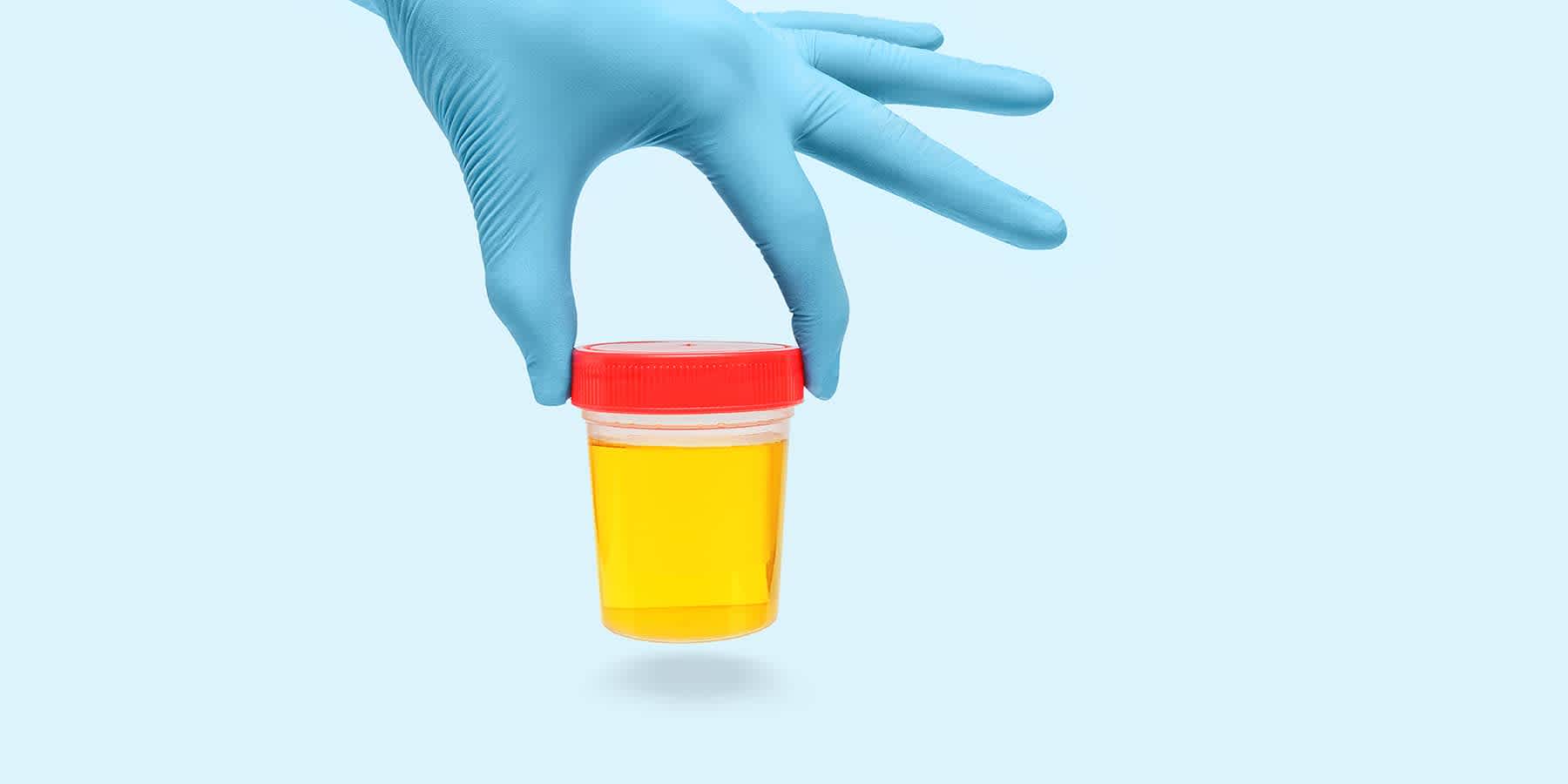
Diagnostic Testing For Chlamydia: Blood Test vs. Urine
Written on December 21, 2023 by Gillian (Gigi) Singer, MPH, Sexuality Educator & Certified Sexologist. To give you technically accurate, evidence-based information, content published on the Everlywell blog is reviewed by credentialed professionals with expertise in medical and bioscience fields.
Table of contents
- About Chlamydia
- Diagnosing Chlamydia: Blood Test vs. Urine
- Should You Test for Chlamydia?
- Testing For Chlamydia With Everlywell
- Related Content
About Chlamydia
Chlamydia is a prevalent sexually transmitted infection (STI) that can manifest in the mouth, reproductive organs, urethra, rectum, or cervix. It is readily identifiable, manageable, and responsive to antibiotics.[1]
As a significant number of individuals with the infection remain asymptomatic and avoid testing, the STI tends to increase, particularly among those actively engaged in sexual activity aged 14 to 25.[2]
The duration of a chlamydial infection hinges on proper diagnosis and treatment. When appropriately addressed, chlamydia typically resolves within one to two weeks. Completing the entire antibiotic course is crucial to combat the infection effectively. Abstaining from sexual activity during treatment is essential to prevent reinfection.[1]
It is estimated by the CDC that around 2 million people have chlamydia in the United States. It is spread easily because people often are unaware that they have it.
Diagnosing Chlamydia: Blood Test vs. Urine
Chlamydia can be and is commonly diagnosed in a few ways.
Urine Test
This involves collecting a urine sample, which is then tested for the presence of Chlamydia trachomatis DNA.
Swab Testing
Swabs are used to collect samples from the cervix, urethra, rectum, or throat, depending on the suspected site of infection.
Research and common medical practice show that Nucleic Acid Amplification Tests (NAATs) are a preferred method to detect Chlamydia trachomatis.[3] These tests identify small amounts of DNA or RNA.[4]
NAAT tests are done in the following steps:
- Sample collection: Samples are taken by way of an extragenital swab, cervical swab, throat swab, rectal swab, or via a urine sample.
- Laboratory processing: in the lab, DNA is taken from samples to test for pathogens.
- Detection of chlamydia: labs determine if chlamydia is present.
- Results: a positive or negative result will be presented.
Chlamydia is not typically detected through a blood test because it isn’t a bloodborne disease, though blood tests can determine whether you have chlamydia antibodies, which can reveal current or past chlamydia infections.
Should You Test for Chlamydia?
If you are sexually active, you should be regularly tested for sexually transmitted infections, especially if:
- You are experiencing STI symptoms like pain, itching, swelling, etc.
- A current or past sexual partner has been diagnosed with an STI
- A current or past sexual partner is experiencing STI symptoms like pain, itching, swelling, etc.
- You have had unprotected sex with someone whose STI status is unknown
- You have had one or more sexual partners since you were last tested
- You are planning on engaging sexually with a new partner
Additionally, the CDC posits that if you're sexually active, assigned female at birth, and younger than 25, you should test for chlamydia and gonorrhea at least once a year. The CDC also recommends annual gonorrhea and chlamydia testing for those who are assigned male at birth and gay or bisexual.[5]
Testing For Chlamydia With Everlywell
When it comes to chlamydia testing with Everlywell, you have options! We offer two at home tests that screen for Chlamydia: our at-home std test checks for chlamydia, gonorrhea, hepatitis C (HCV), syphilis, and trichomoniasis, and our at home chlamydia and gonorrhea test checks for chlamydia and gonorrhea.
Related Content
STDs That Cause Frequent Urination
Does A CBC Blood Test Show STDs?
References
- Chlamydia: Causes, symptoms, treatment & prevention. Cleveland Clinic. https://my.clevelandclinic.org/health/diseases/4023-chlamydia. Published November 1, 2021. Accessed December 22, 2022.
- Chlamydia. Center for Disease Control and Prevention Website. https://www.cdc.gov/std/chlamydia/default.htm. Updated 2022. Accessed November 1, 2022.
- Cosentino LA, Danby CS, Rabe LK, et al. Use of nucleic acid amplification testing for diagnosis of Extragenital sexually transmitted infections. Journal of Clinical Microbiology. https://pubmed.ncbi.nlm.nih.gov/28679521/. September 2017. Accessed December 11, 2023.
- Boskey E. Nucleic-Acid Amplification Test for STIs. Verywell Health. https://www.verywellhealth.com/nucleic-acid-amplification-tests-3132631. August 24, 2022. Accessed December 11, 2023.
- Which STD tests should I get? Centers for Disease Control and Prevention. https://www.cdc.gov/std/prevention/screeningreccs.htm. December 14, 2021. Accessed December 11, 2023.
Gillian (Gigi) Singer, MPH is an American Board of Sexology Certified Sexologist and trained Sexuality Educator who primarily works in sexual health communications as a health writer. Gillian earned her BA in Gender, Sexuality & Women's Studies and Spanish from Union College (NY), spent a year as a Fulbright Scholar, and then continued her education with Modern Sex Therapy Institutes before earning her MPH from Columbia University's Mailman School of Public Health with a Certificate in Sexuality, Sexual & Reproductive Health. She is the owner of The Gigi Spot, LLC, a digital sexuality education platform and brand. Gillian aims to educate and use compassion and empathy to foster positive change and development. Her professional interests include sexuality education, curriculum design and consulting, and sex technology.
